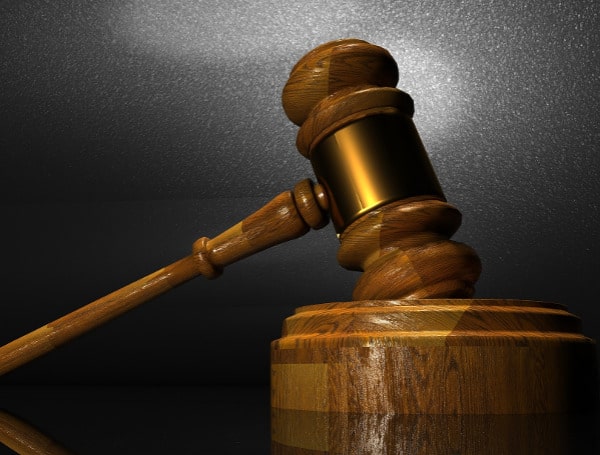An appeals court Wednesday rejected attempts to block the release of information in a final report by a statewide grand jury formed to investigate school safety and other issues after the 2018 mass shooting at Parkland’s Marjory Stoneman Douglas High School.
A three-judge panel of the 4th District Court of Appeal turned down a series of petitions to “repress or expunge” at least parts of the grand-jury report. The ruling did not name the people who filed the petitions, which were consolidated in one case.
“Some of the petitioners argue that the report should be repressed or expunged because they claim it discusses issues not directly related to any specific offense within the scope of the grand jury’s subject matter jurisdiction,” said the ruling, written by Judge Edward Artau and joined fully by Judge Dorian Damoorgian and partially by Judge Martha Warner “Other petitioners argue that the report should be repressed or expunged because they claim it discusses issues exceeding the purpose for which the statewide grand jury was convened. We disagree with these arguments.”
In the news: Senator Hawley Calls Out Biden Admin On Promoting Censorship On Environmental Issues
The Florida Supreme Court impaneled the grand jury in 2019 at the request of Gov. Ron DeSantis, about a year after former Marjory Stoneman Douglas student Nikolas Cruz killed 17 students and faculty members at the school.
The grand jury released three interim reports, calling for actions on issues such as school security and mental health, according to information and reports posted on the Supreme Court website.
In impaneling the grand jury, the Supreme Court granted DeSantis’ request for a potentially broad investigation. For example, DeSantis requested that the grand jury be allowed to probe whether “school officials committed — and continue to commit — fraud and deceit by mismanaging, failing to use, and diverting funds from multimillion-dollar bonds specifically solicited for school safety initiatives.”
As another example, he requested that the grand jury be allowed to investigate whether “school officials violated — and continue to violate — state law by systemically underreporting incidents of criminal activity to the Department of Education.”
In its ruling Wednesday, the South Florida appeals court concluded that the grand jury did not exceed its jurisdiction in the investigation and in findings such as a recommendation that DeSantis “should ‘remove’ or suspend certain school board members.”
“The mass shooting at Marjory Stoneman Douglas High School shook our state to its core,” Artau wrote. “As recognized by our governor in his petition to the Supreme Court, investigating systematic misconduct, mismanagement, and misuse of public funds earmarked for school safety initiatives is of paramount statewide importance in preventing another similar tragedy and keeping school children safe.”
The ruling, however, said two paragraphs of the report should be “repressed” because they included allegations of criminal conduct that went beyond the scope of the grand jury. It did not detail the nature of those allegations.
In the news: Florida Man Gets 40 Years In Federal Prison For Producing Child Porn
Warner dissented from part of the ruling, as she argued that it would improperly allow references in the grand-jury report to the testimony of specific witnesses. Warner pointed to the importance of secrecy in grand-jury proceedings.
“The Legislature unambiguously commanded in (a section of state law) that no person can reveal what occurs in statewide grand jury proceedings,” Warner wrote. “The statute does not make any exception allowing a statewide grand jury to reveal the testimony presented to it in a public report. The statewide grand jury’s report must be written in such a manner as to avoid the disclosure of specific witnesses and the substance of their testimony. To hold otherwise is to ignore the statute’s plain meaning and endanger the secrecy of the statewide grand jury proceedings, a vital measure to provide total freedom of disclosure.”
Visit Tampafp.com for Politics, Tampa Area Local News, Sports, and National Headlines. Support journalism by clicking here to our GiveSendGo or sign up for our free newsletter by clicking here.
Android Users, Click Here To Download The Free Press App And Never Miss A Story. Follow Us On Facebook Here Or Twitter Here.
Copyright 2022 The Free Press, LLC, tampafp.com. All rights reserved. This material may not be published, broadcast, rewritten, or redistributed.

